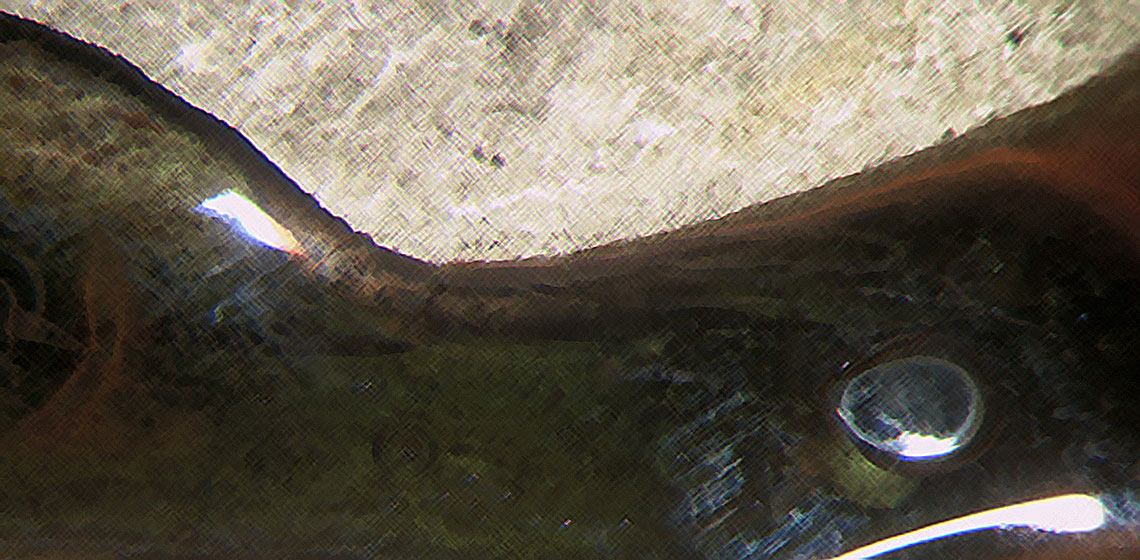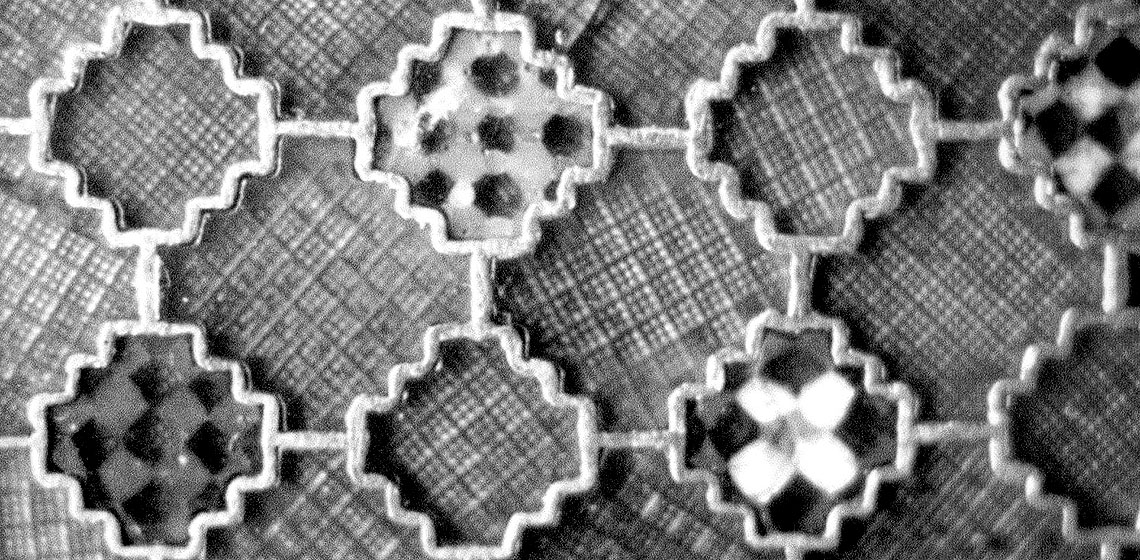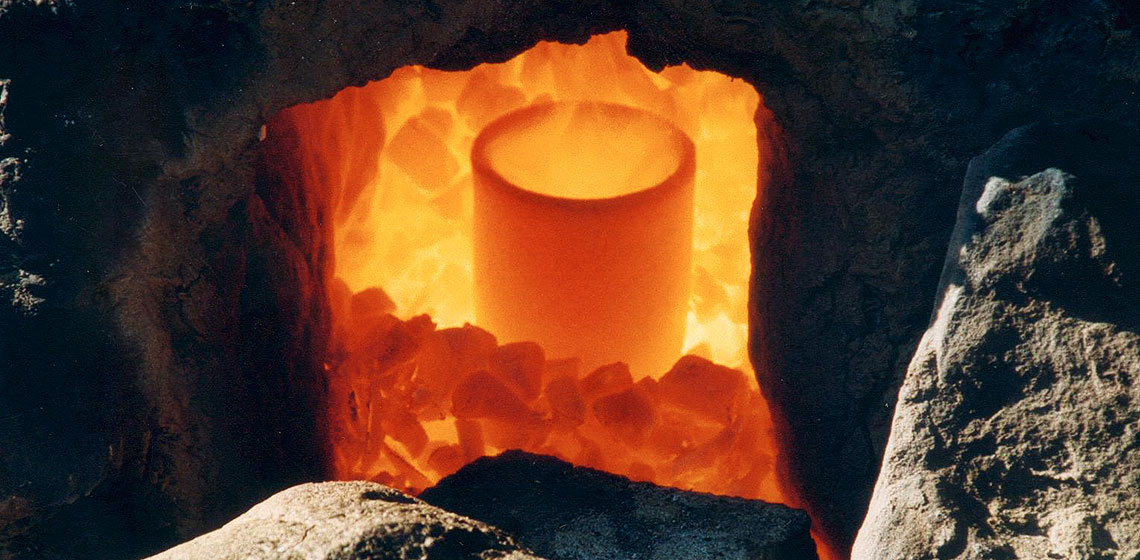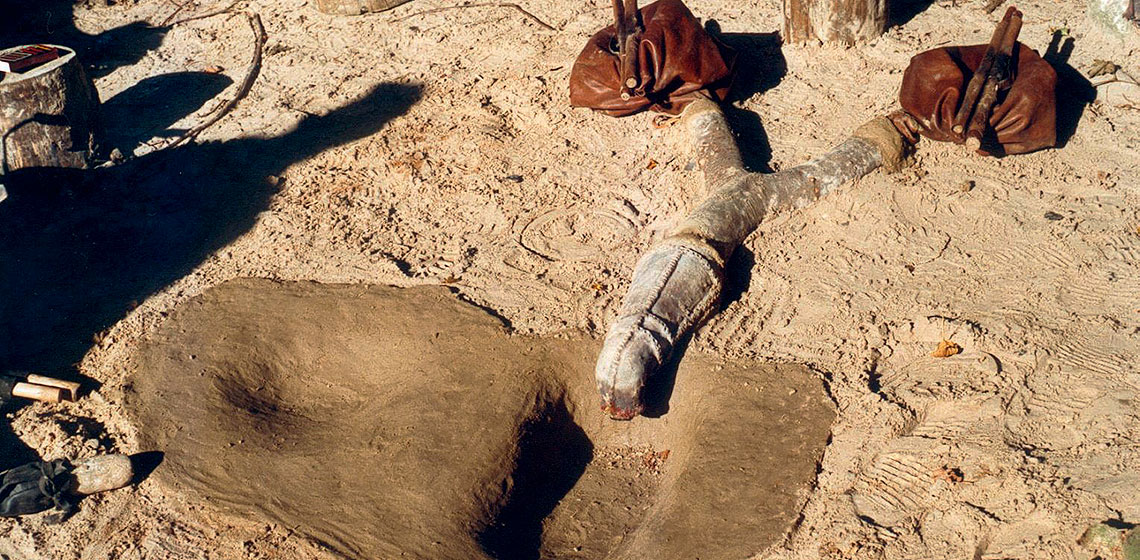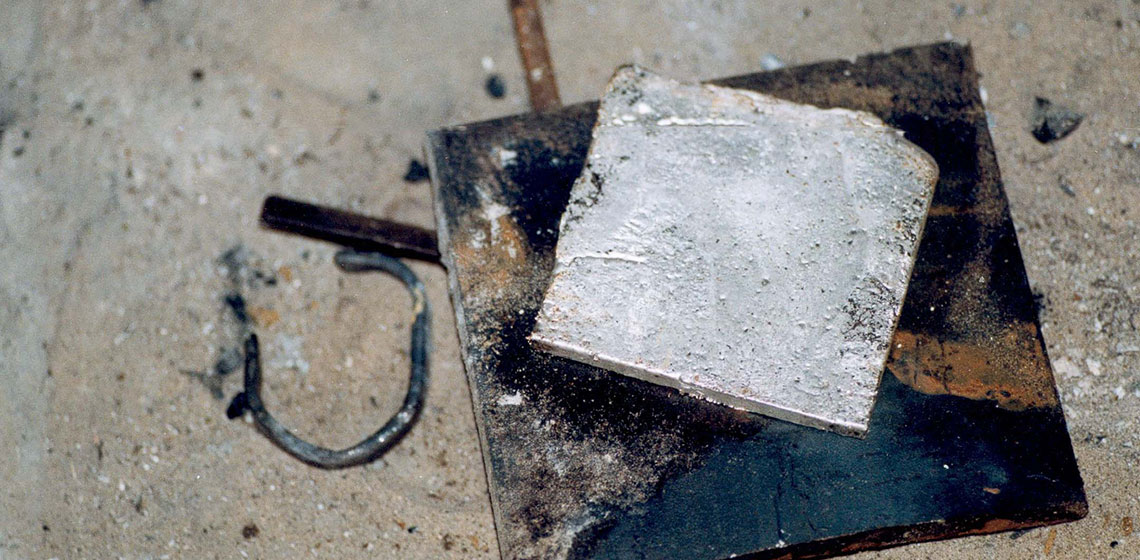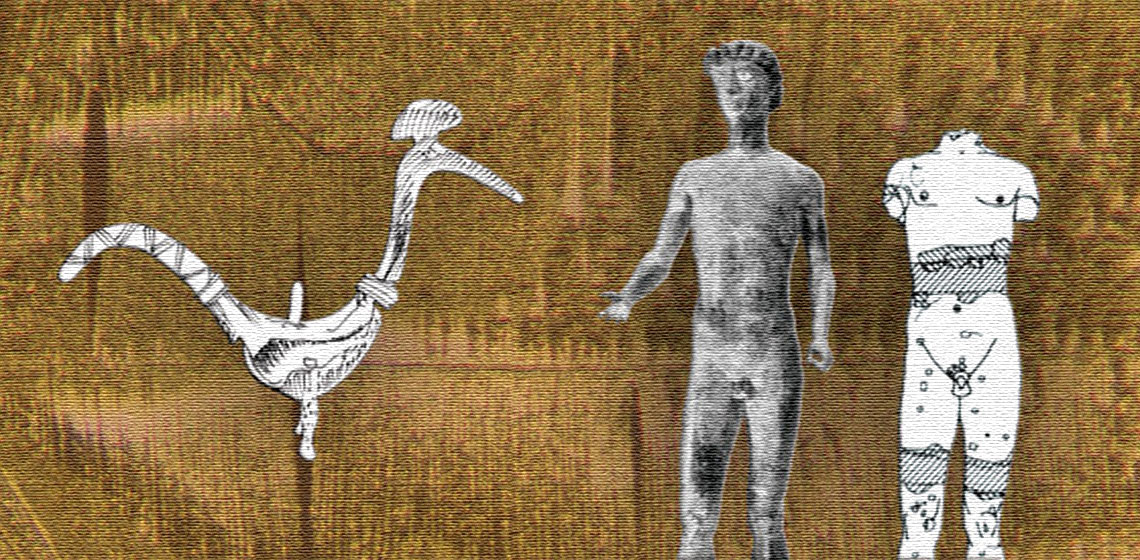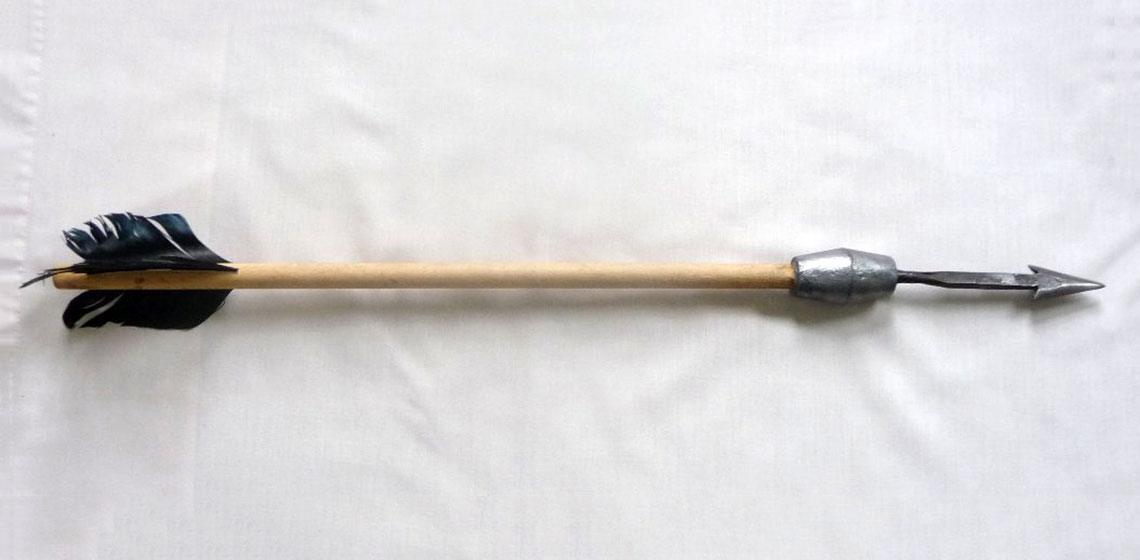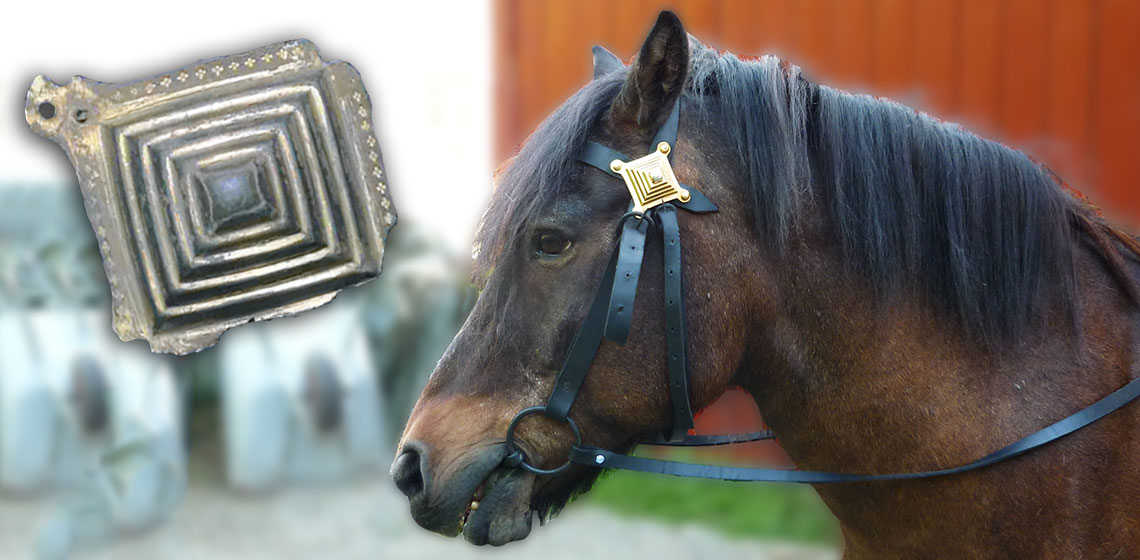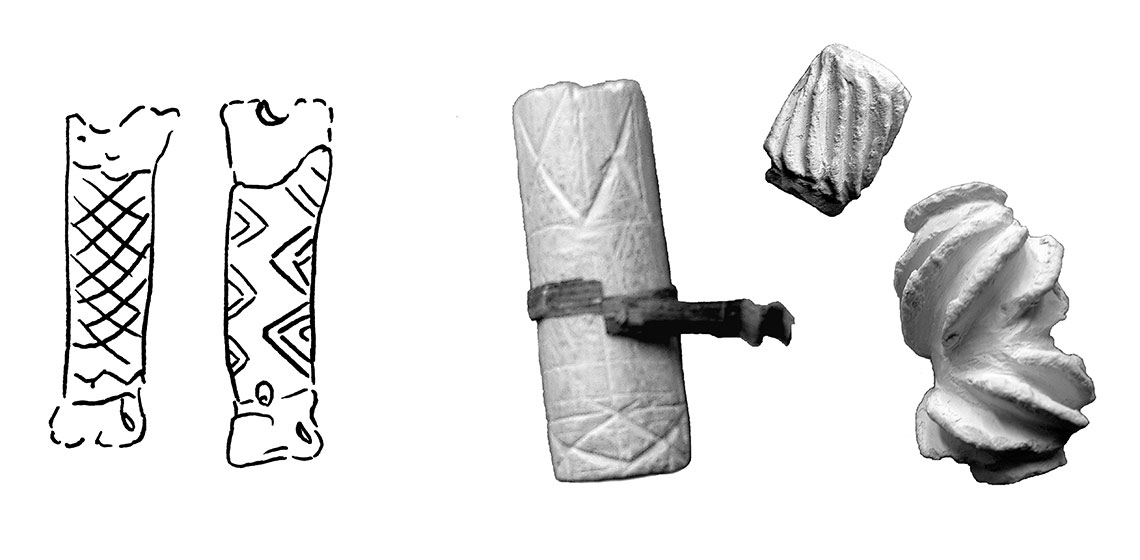Exeter is a top UK university which combines world leading research with very high levels of student satisfaction. It is one of the UK’s most popular and successful universities with campuses in Exeter, Devon, and near Falmouth in Cornwall. The University also has Project Offices in Shanghai, Beijing and Bangalore.
Exeter is a top UK university which combines world leading research with very high levels of student satisfaction. It is one of the UK’s most popular and successful universities with campuses in Exeter, Devon, and near Falmouth in Cornwall...
